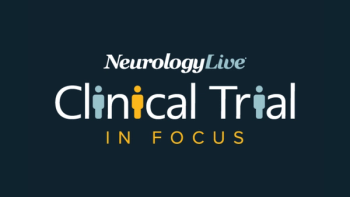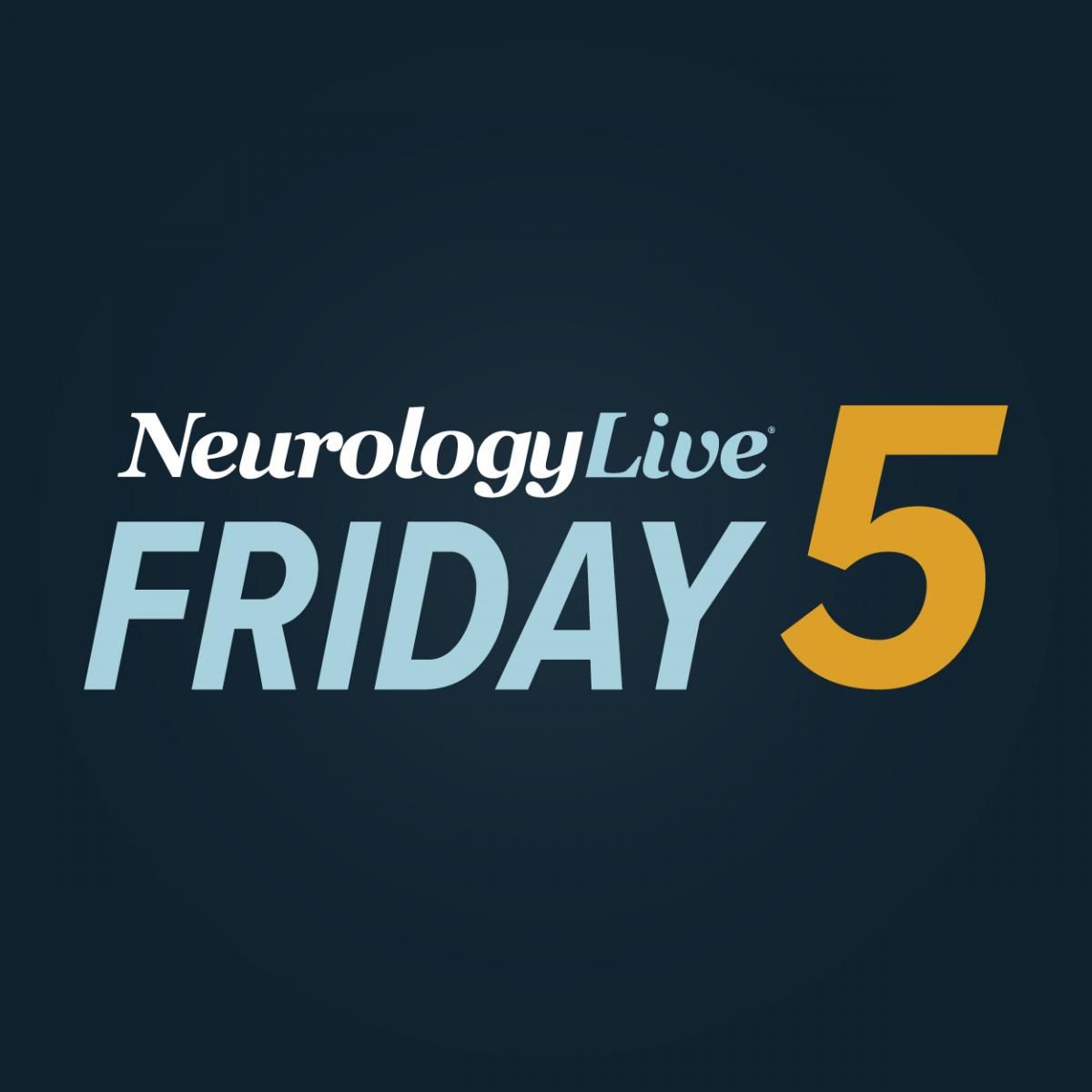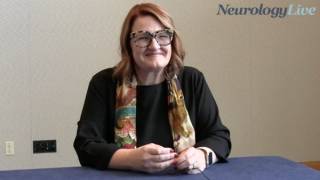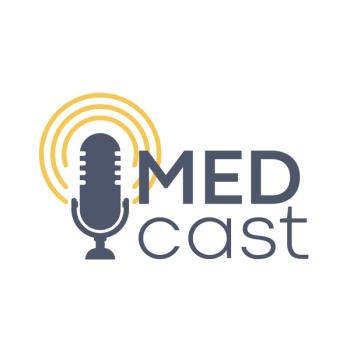
Dementia and Alzheimer Disease
Latest News
Latest Videos
Podcasts
CME Content
More News

Merck's MK-2214 shows promise in early Alzheimer’s trials, earning FDA fast-track status for its safety and potential efficacy in slowing disease progression.

The POLARIS-AD phase 3 large-scale global trial is now underway, testing the safety and efficacy of AR1001 in over 1500 patients with mild cognitive impairment or early Alzheimer disease.

A groundbreaking phase 1 trial reveals promising results for a new stem cell therapy targeting Alzheimer disease, advancing to phase 2 studies.

In a study presented at CTAD 2025, patients treated with lecanemab showed a 59% increase in cerebrospinal fluid protofibril concentration at 12 months and a 45% increase at 18 months.

Semaglutide shows no significant impact on Alzheimer disease progression in large trials, despite some biomarker improvements and consistent safety profiles.

New data highlights neflamapimod's potential in reducing biomarkers and improving clinical outcomes for dementia with Lewy bodies, paving the way for Phase 3 trials.

NeuroVoices: Robert Alexander, MD, on the Evolution of Antiamyloid Therapeutics in Alzheimer Disease
At CTAD 2025, the chief scientific officer at the Banner Alzheimer’s Institute discussed emerging antiamyloid therapies, clinical trial insights, and treatment duration in Alzheimer disease.

A recent study reveals that Araclon's ABvac40 vaccine may slow cortical perfusion decline in patients with Alzheimer disease, suggesting potential cognitive benefits.

Treatment with etalanetug reduced cerebrospinal fluid eMTBR-tau243 by 62% and plasma eMTBR-tau243 by 78% at 3 months in patients with dominantly inherited Alzheimer disease.

The adaptive PRImus-AD phase 2a trial will evaluate the safety and efficacy of PRI-002, a novel investigational agent, in patients with mild cognitive impairment or mild Alzheimer disease.

A new phase 3 clinical trial is underway to evaluate masupirdine, a selective 5-HT6 receptor antagonist, as a potential treatment for agitation in patients with Alzheimer’s disease.

In an analysis of the phase 2a CLEAR MIND study presented at CTAD 2025, laromestrocel treatment was associated with reduced hippocampal neuroinflammation in patients with mild Alzheimer disease.

A phase 2 study at CTAD 2025 explores VHB937's potential in treating early Alzheimer disease, focusing on safety and efficacy in patients.

New findings reveal the feasibility of self-administering remternetug, a monoclonal antibody for Alzheimer, enhancing treatment options for early-stage patients.

A Korean study reveals that adjusted MMSE thresholds significantly increase eligibility for anti-amyloid treatments, highlighting demographic disparities and safety concerns.

Baptist Health Brain & Spine enhances its neurology leadership with Peter Abdelmalik, MD, focusing on patient care, education, and operational efficiency.

Here's some of what is coming soon to NeurologyLive® this week.

Take 5 minutes to catch up on NeurologyLive®'s highlights from the week ending November 28, 2025.

Enna Selmanovic, a PhD candidate at Mount Sinai, spoke on a recently published study regarding the incidence of traumatic brain injury and the potential for long-term health issues with chronic traumatic encephalopathy.

Shae Datta, MD, co-director of the NYU Concussion Center, explained new findings regarding potential CTE diagnosis in living patients.

Topline results of the EVOKE and EVOKE+ studies of semaglutide will be presented at the 2025 Clinical Trials on Alzheimer’s Disease Conference, held December 1-4, in San Diego, California.

Charles Bernick, MD, a staff neurologist at the Cleveland Clinic Lou Ruvo Center for Brain Health, commented on the scientific rationale, therapeutic strategies, and biomarker advances driving the next wave of anti-tau drug development in Alzheimer disease.

Results from the EVOKE and EVOKE+ phase 3 studies reported that oral semaglutide did not significantly reduce clinical progression in patients with early symptomatic Alzheimer disease.

Here's some of what is coming soon to NeurologyLive® this week.

Acumen Pharmaceuticals initiates a phase 2 trial extension for sabirnetug, targeting early Alzheimer disease and aiming for long-term safety insights.






















